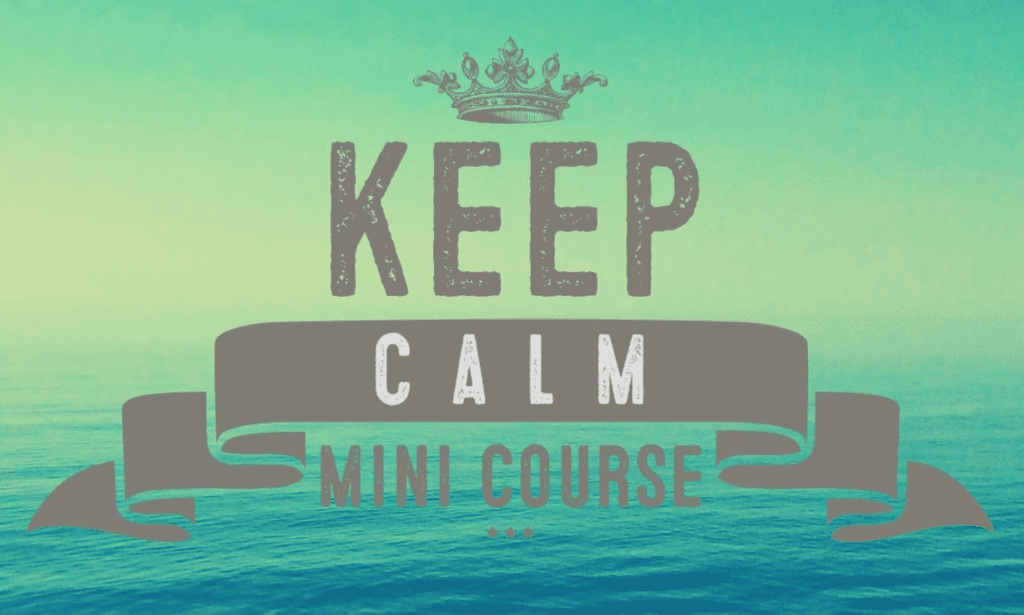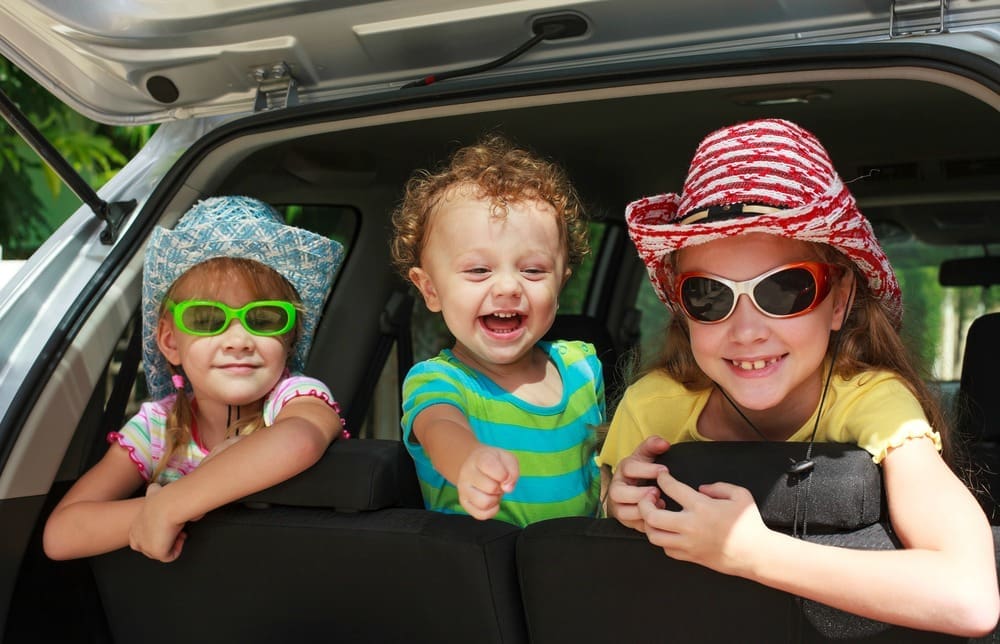Travel, no matter how near or far, has so many benefits for children. Families often leave the comfort of home to explore new and different people, cultures, environments, and experiences.
Not only do family trips create opportunities for families to bond through shared experiences, but they also provide situations that require children to take risks, try something new, and act brave, which can result in courage and greater confidence. But travel isn’t always so easy with kids and can sometimes be a tumultuous experience. Incorporating mindfulness into your travel and adventures is a great way to enhance your family’s experience and teach your children how to appreciate not only the destination, but also the journey. Here are some tips to help you prepare for your trip …
Enjoy the journey, not just the destination.
Family travel should be fun from the start, but can easily get derailed when a child is fearful or anxious about flying or driving in a car for long periods of time. For some children, traveling can be a thrill, and for others, it is intense, uncomfortable, and stressful. It can be helpful to discuss ahead of time the details of what to expect during the journey. Go through a visualization of the sights, sounds, and experiences that can happen during the journey. If your child is worried or anxious, validate their feelings and address them by coming up with a plan together. Help your child to relax either before or during travel with breathing techniques and mindfulness to help keep their body calm and relaxed. The Sticky Hubbubble mindfulness exercise helps children to notice their thoughts and feelings and practice letting them go.
Make sleep a priority.
Before departing, make sure that children have had plenty of sleep and maintain their routine sleep schedules while traveling. Children who are well rested tend to do better adapting to new time zones and sleep schedules.
It is best to plan travel around routine sleep times. Try to travel after naps since travel can excite and stimulate children, and if possible, plan to arrive at your destination right before bedtime. Getting restful sleep during your trip will also ensure that everyone will be energized and ready for each day’s events. Using mindfulness during bedtime routines that are consistent and predictable will teach kids to relax at the end of each day and will help avoid bedtime battles. Both Bedtime Gratitude and Goodnight Body can help little ones quickly drift into a peaceful slumber at the end of an action packed day
Can’t we all just get along?
If you plan for the journey and invest in making it a fun experience, it will be easier to avoid backseat bickering and the constant ‘Are we there yet?’ inquiries. Sometimes the journey is the most memorable part of the entire trip for children. In planning for travel time, you might consider incorporating: playlists, audiobooks, books, and classic car games, such as the license plate game or I spy. Planning stops along the way when driving or regular walks or stretches on an airplane can help get the wiggles out and keep the mood positive. Things may start off fine, but after being confined to small spaces for an extended period of time, children often get restless and agitated, which often leads to whining or bickering. These are the moments when a mindfulness audio might come in handy, such as Growing Kindness or Cool The Volcano. The key to making your travel time a peaceful experience is to plan, be prepared, and expect the unexpected.
Making memories that last a lifetime.
Once you have made it to your destination, the hope is that your family enjoys the time together and that you make lasting memories. Many families put a lot of time and energy into the planning of their itinerary and vacation activities. To create these memorable moments, it requires that everyone, including children, are present and willing participants. One way to help children enjoy and notice their surroundings is to start the day with a meditation. Listening to meditations such as Notice the Moment or Check In & Notice can help children become more present in each moment and experience with greater focus. By listening, it can enhance a child’s moment-to-moment awareness of feelings, thoughts, body sensations, and the surrounding environment.
Traveling together should be a fun, memorable bonding experience for families. Get the most out of your time together by planning not just for the destination, but the travel time that is required to get there. Incorporating mindfulness during your travels will not only help kids feel calm and relaxed, counteract any potential stress, feel more positively towards others, help maintain healthy sleep schedules, but also be present and focused during your time together. So, how will you incorporate mindfulness into your family’s adventures this summer?
(This article was originally published on the Mind Yeti blog.)
Want some more great tips from Melissa? Sign up now for her FREE Keep Calm Course (space is limited). This email course is for you if you’re ready to stop yelling & nagging and start connecting using tools and strategies that work!

About the Author: Melissa Benaroya
 Melissa Benaroya, LICSW, is a Seattle-based parent coach, speaker and author in the Seattle area (MelissaBenaroya.com). She created the Childproof Parenting online course and is the co-founder of GROW Parenting and Mommy Matters, and the co-author of The Childproof Parent. Melissa provides parents with the tools and support they need to raise healthy children and find more joy in parenting. Melissa offers parent coaching and classes and frequently speaks at area schools and businesses. Check out Melissa’s blog for more great tips on common parenting issues and Facebook for the latest news in parent education.
Melissa Benaroya, LICSW, is a Seattle-based parent coach, speaker and author in the Seattle area (MelissaBenaroya.com). She created the Childproof Parenting online course and is the co-founder of GROW Parenting and Mommy Matters, and the co-author of The Childproof Parent. Melissa provides parents with the tools and support they need to raise healthy children and find more joy in parenting. Melissa offers parent coaching and classes and frequently speaks at area schools and businesses. Check out Melissa’s blog for more great tips on common parenting issues and Facebook for the latest news in parent education.


Wonderful tips! I’m a huge fan of sharing mindfulness with the family ?My 6 and 8 year old daughters are always taught about mindfulness, much to their chagrin, at times?. I’m starting a mental health center in Costa Mesa, CA and will definitely be sharing mindfulness. ????❤